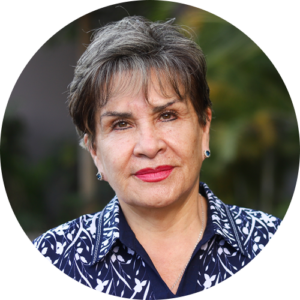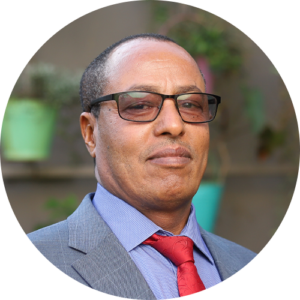Our Leadership
To make the most of the collective power of our global network, Ipas practices shared leadership—an organizational philosophy that broadly distributes authority and responsibility and moves decisionmaking closer to where our work is done. This enables a more collaborative and democratic way of working and gives more authority and responsibility to staff and leaders who work at the level closest to the people we serve
Our management structure—consisting of a Network Leadership Group, a staff Community Council, our Country and Regional Directors and the Ipas Board of Directors—reflects our aim to carry out our mission with attention to equity, power and accountability in how we do our work.
Network Leadership Group
Staff Community Council
Country Directors
Network Leadership Group
The Network Leadership Group (NLG) is the highest-level staff management body for Ipas. Made up of five members—two from Africa, one from Asia, one from Latin America, and one from the United States—the NLG is responsible for setting overall strategy and standards for the network. NLG members serve two-year terms.
Staff Community Council
Our Staff Community Council, made up of 18 staff members, advises the Network Leadership Group and serves as a “check and balance” to ensure that staff voices are heard and acted upon with respect to network policies and processes. Council members are non-managerial staff who serve three-year terms and are chosen through a network-wide selection process.
Ipas Country and Regional Directors
The directors of our locally led country and regional teams provide leadership, oversight and strategic guidance as they work with Ipas staff and partners to expand access to abortion and contraception in countries around the world. Their diverse skills, experience and local knowledge help drive our work.
Financial consolidation based in the United States
Ipas U.S., led by the President and CEO, is a legal entity registered in the United States, with a governing board—the Ipas Board of Directors—comprised of international members, which has oversight over Ipas’s global network.
Ipas U.S. is the consolidating financial entity for Ipas’s global network. Ipas U.S. also serves as the legal entity for signing contracts and agreements on behalf of Ipas and is the legal and administrative location for staff based in the United States.
Ipas U.S. is also the programmatic arm of Ipas’s work in the United States.
Why we practice shared leadership
Ipas President and CEO Anu Kumar has written op-eds for a variety of publications on what drove Ipas to transform its organizational structure into a global network with distributed authority and responsibility:
Five years from now, who will be setting the global health agenda? (BMJ Global Health)
Shaping a post-colonial INGO (Medium)
It’s time to face the facts: We have a gender and diversity problem in the nonprofit world (Forbes)
White supremacy in global health (Think Global Health)




















